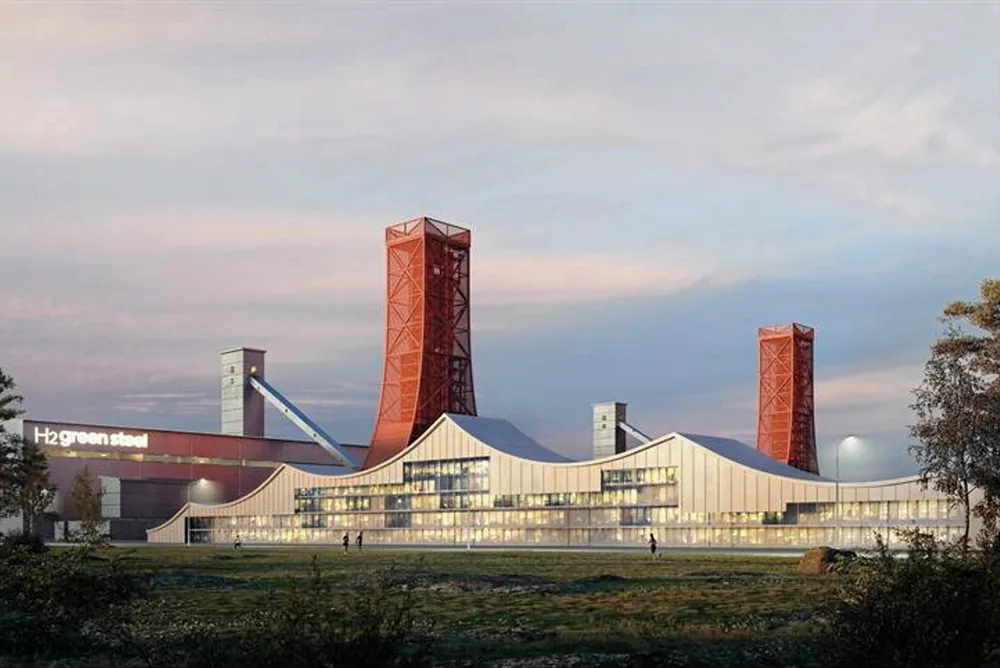Swedish green steel plant's plan to import iron ore from Brazil and Canada is worth the extra emissions, says H2 Green Steel
Company is still seeking a local supplier, but is limited by rail logistics capacity and the need for pelletised iron ore

Company is still seeking a local supplier, but is limited by rail logistics capacity and the need for pelletised iron ore
